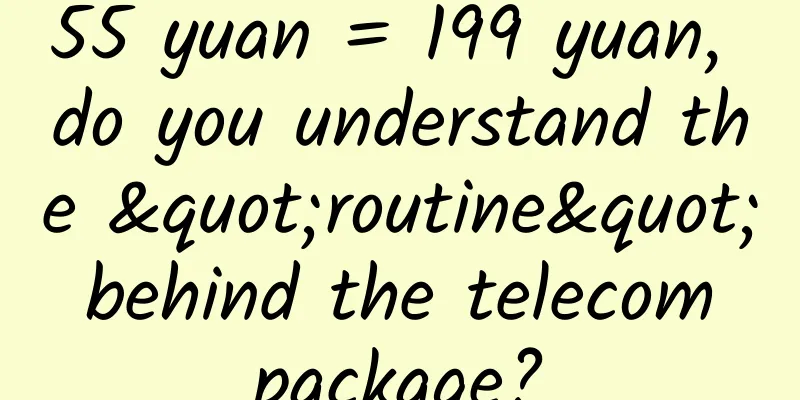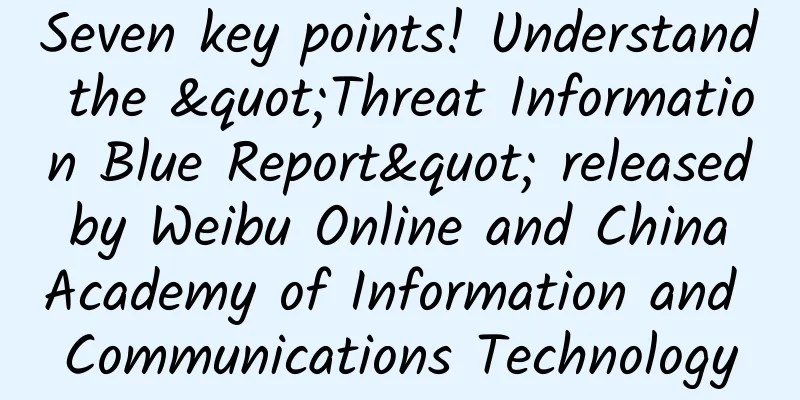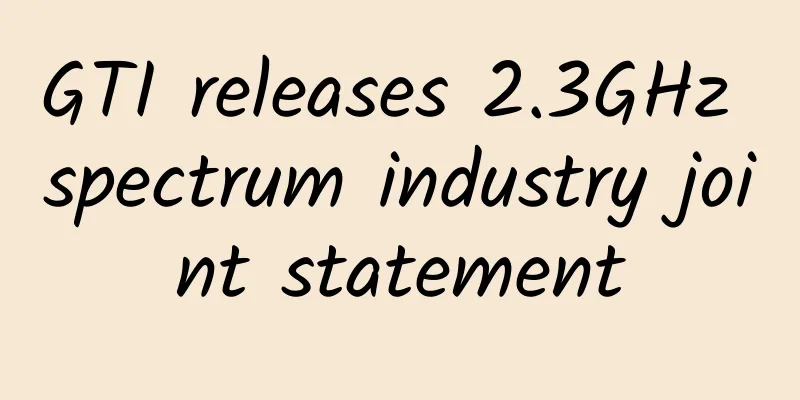55 yuan = 199 yuan, do you understand the "routine" behind the telecom package?

|
Reporters found that while measures to benefit the people such as not clearing data traffic and cancelling roaming fees are being implemented, the preferential tariff packages provided by operators often contain various "tricks", which makes many consumers "hear the words but not the reality" of the fee reduction. Experts suggest that relevant departments should further urge telecom companies to operate with integrity and fully and thoroughly implement the requirements of speed increase and fee reduction.
Speed up and reduce fees: Is the package 199 yuan or 19 yuan? Statistics from the Ministry of Industry and Information Technology show that in June this year, the average monthly mobile Internet access traffic of my country's mobile phone users reached 4.24GB, far exceeding 1.55GB in the same period last year; in the first half of this year, my country's average mobile traffic charges decreased by 46.2% compared with the end of 2017. However, many consumers, especially old users, do not feel a strong sense of gain from the "fee reduction", and some even spend more. Mr. Long from Beijing has been working in Guangzhou for a year. He found that the "129 yuan local unlimited package" he had been using in Beijing was no longer suitable. Mr. Long consulted the operator's customer service, who suggested that he switch to the "199 yuan nationwide unlimited package". The country has massively reduced fees and increased speed, but the price of changing to a new service has become higher and higher? Mr. Long was a little confused. He told his colleagues about his experience, and a young colleague told him: "Your operator has a '19 yuan monthly Internet package'." According to Mr. Long's usual usage habits, with the same traffic, Mr. Long's monthly communication fee is only 55 to 60 yuan. Mr. Long called the customer service and asked to switch to the "19 yuan package". The customer service used various "coercion and inducement" on Mr. Long, such as "after the change, you can no longer switch back to the original package, you have to think it through", and reluctantly changed Mr. Long to the "19 yuan package". Sure enough, Mr. Long now actually pays 55 yuan per month. Data released by the China Consumers Association showed that in the first half of this year, consumer associations across the country received more than 16,000 complaints about telecommunications services, an increase of 26.3% year-on-year; the main complaints were about unclear package prices, incomplete notifications, and numerous charges. The "routines" are on the surface, and the fee reduction is in the "boudoir" The reporter's investigation found that the reason why many people cannot benefit from the fee reduction is the many "tricks" of telecommunications consumption packages. Routine 1: The rules are complicated and require “precise calculations”. Although the information on mobile phone package rates is public, the rules and conditions for use are complicated. A young colleague did the math for Mr. Long: Although the 19 yuan package only includes 1GB of traffic, the excess can be added to the 1 yuan/800MB traffic package valid on that day. Even if a traffic package is added every day, it only costs 49 yuan a month (19 yuan + 30 yuan). Add in the call charges, and it will never reach the "199 yuan nationwide unlimited package" recommended by the customer service. Feng Nianwen, secretary-general of the Shenzhen Consumer Council, believes that the "multiple mechanisms" behind the packages are the operators' "intentions". If consumers want to enjoy the benefits of fee reductions, they must first become "actuaries". "This is unfair." Trick 2: Customer service recommends “more upgrades and fewer reductions.” Consumers can learn about and choose packages by consulting the operator’s customer service, but many consumers report that customer service usually recommends high-priced packages. The reporter called the customer service of a certain operator and asked to change the package due to insufficient data. The customer service staff directly suggested upgrading from the current 38 yuan package to a 99 yuan unlimited data package. It was not until the reporter took the initiative to ask whether it was possible to change to a cheaper package that the customer service staff said that it could be processed. Routine 3: High prices for data traffic refueling. Independent telecom analyst Fu Liang believes that although the overall cost seems to have been reduced, the high-priced “refueling packages” of 5 yuan/30MB and 30 yuan/500MB are common, becoming a “black hole that absorbs fees”. Trick 4: "Unlimited" packages "reduced speed after reaching the limit". The three major operators have currently launched "unlimited" packages, but in fact they all have certain restrictions, such as reducing the speed after using 20GB or 40GB of traffic, or automatically disconnecting the network after the traffic is capped. If you want to return to normal speed, you need to add a higher-priced "refueling package". Trick 5: Bundled sales, tariffs can only be increased but not decreased. When many consumers apply for mobile phone packages, operators will give away broadband services, and the tariffs of the two cannot be changed separately. Last year, Ms. Wang from Shenzhen applied for a telecom package of a certain operator that offered "136 yuan for free broadband", but the package only provided 1GB of data and could not be replaced with other packages with preferential data rates; if the data exceeded the limit, she had to pay 30 yuan for a 1GB "data package". Ms. Wang's actual monthly communication fee exceeded 170 yuan. Fee reduction should not become a "tug of war" "There has been continuous progress in speeding up and reducing fees overall, but operators have taken advantage of consumers' information asymmetry to design various 'routines' in the process of designing tariffs. If this problem is not solved, fee reductions will be difficult to implement," said Qiu Baochang, president of the E-Commerce Law Research Association of the Beijing Law Society. In reality, the more loyal and established users are, the less likely they are to study the "tricks" of tariffs, and the less likely they are to enjoy the benefits of fee reductions. In this regard, Shen Yi, a senior operations expert at Alibaba Communications, said that Internet companies should also cooperate with operators to make old users aware of changes in banking policies through the operators' online and offline channels. Feng Nianwen said that speed increase and fee reduction should not become a "tug-of-war" between operators and users. Operators, Internet companies and other market players should be more sincere and less "routined", and provide real information about services truthfully and comprehensively in a way that is easier for consumers to obtain, so that the benefits can be seen and touched. |
<<: 10 Ways to Improve Your Home WiFi
>>: 5 Advantages of Edge Computing in Enterprise Network Strategy
Recommend
LOCVPS: 40% off KVM in Los Angeles/30% off KVM in Australia/20% off all sites, multiple computer rooms available
LOCVPS (Global Cloud) is an early established Chi...
Deployment of the next generation ultra-broadband access network in the 5G era
In the 5G era, the demand for ultra-broadband acc...
What exactly can Wi-Fi 6 do?
Let’s first understand the key technologies of Wi...
Huawei's ecosystem is expected to prosper exponentially in response to demand
【51CTO.com original article】 As we all know, in t...
How to change ssh port in CentOS7.*
I checked the port modification records in the si...
Application of 5G in the Public Sector of Future Smart Cities
The integration of 5G technology is expected to s...
Customize SD-WAN to meet your needs
Why do we always think we can adopt a revolutiona...
Virtual operators in the 5G era: new opportunities and challenges coexist
The 5G era will bring differentiated intelligent ...
Dalian Cloud Factory: Innovative project delivery on the cloud enables joint development by multiple teams
[[185497]] As my country accelerates the implemen...
Changting Technology's new product launch conference was held in Beijing to reconstruct a new network protection system
On July 14, Changting Technology, a provider of n...
TCP protocol status analysis, super complete~
Today I will talk to you about the state analysis...
It’s settled! 5G official logo officially announced
In the 4G era, although "4G" and "...
A brief discussion on Bluetooth mesh technology and its application in smart home field
Part 01 Bluetooth mesh technology features - Supp...
DesiVPS: Los Angeles 1Gbps unlimited traffic VPS from $18.99 per year, India/Netherlands VPS from $20 per year
DesiVPS has released the latest promotional packa...





![[Christmas] DMIT: $100/year-2GB/40G SSD/2TB@2Gbps/Los Angeles CN2 GIA](/upload/images/67cabc83f1720.webp)



